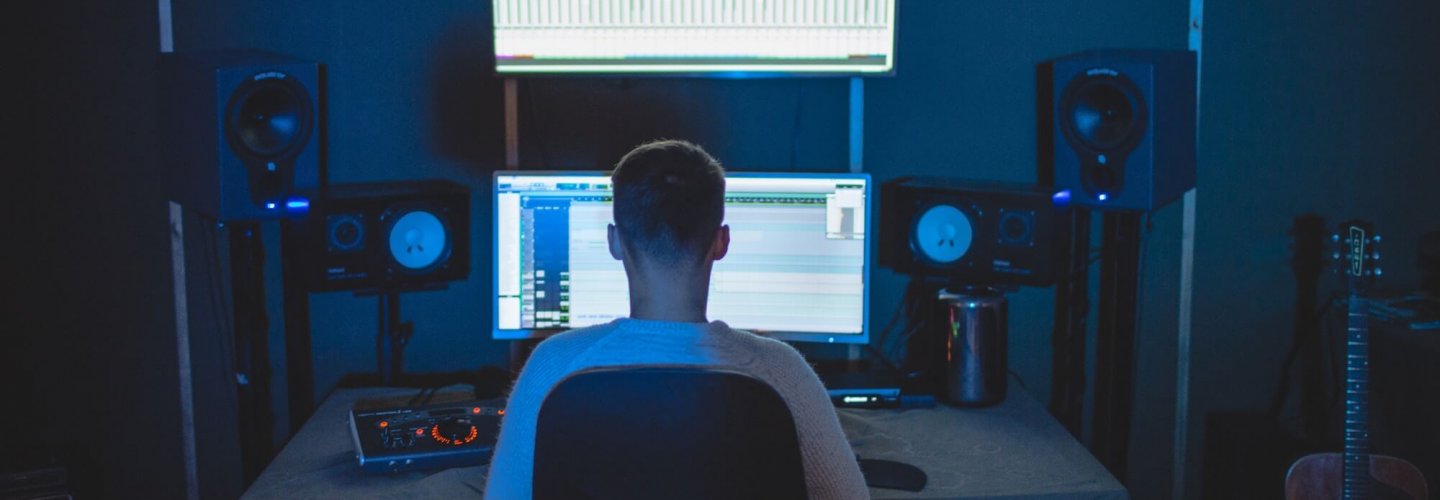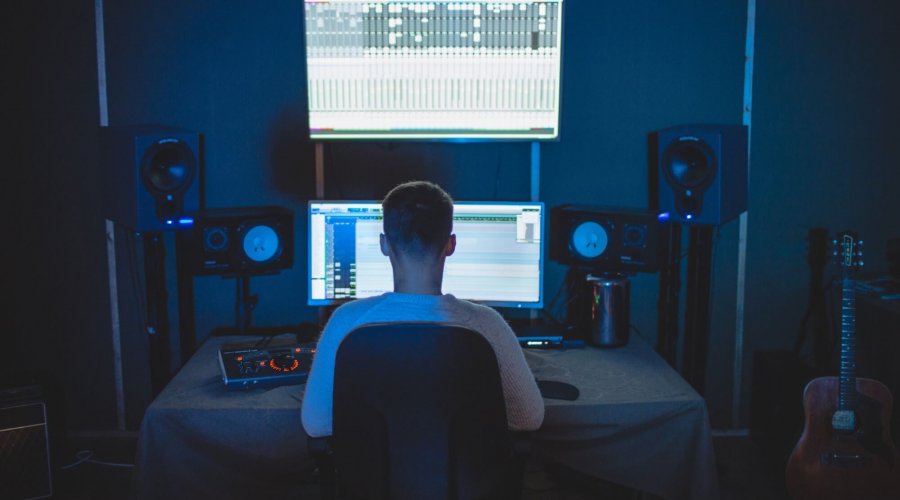Back in April, we were honoured to host the panel “Letting It Sync In: Why Music Supervisors Love Electronic Music” at this year’s Brighton Music Conference. Joining us for the discussion were music supervisors Martin Hewett and Rachel Menzies along with John Meredith, owner of production music library Arms Production Music, and our very own composer Luke Jackson.
We delved into the inner workings of synchronisation (sync) and here are five key tips given from the experts on the panel.
1. Know where 100% of the rights lie within your song
Within a song, there are two different types of copyright, the master recording and the composition. These are typically owned by different people, e.g your record label, or whoever paid for the recording, owns the master and your publisher owns the composition. This can get even more complicated if you have collaborated with other songwriters and they each own a percentage of the song.
This isn’t to say that it is an issue if the rights for the song are split between different people. However, it is incredibly important that you know where all of the rights are, that you have paperwork to confirm all of the percentage share splits and that you communicate with each rights holder. If you are able to put a music supervisor in contact with all of the rights holders this will most certainly play in your favour when it comes to getting your song synced. If it gets too complicated, a music supervisor will probably go with an alternative track. So, make things as easy as possible for them.
2. Don’t tell a music supervisor your track is “Sync-able”
There are so many reasons as to why a music supervisor chooses a track for a particular spot. So, it’s best to avoid telling them that your song is perfect for a sync.
The scene, visual elements and emotional reverence that needs to be portrayed all influence whether a track is suitable. There are also factors such as the budget, where the project is being filmed and the era the project is set in that can determine the specific kind of music that is needed.
As well as this, it’s not just the music supervisor who decides on the final track that is used, there’s also the Director and a whole host of people who are working on the project who will need to give the green light on the song that is chosen.
Sometimes they might be looking for something like Polish folk music or tracks from 1979 so your instrumental piano track just won’t work for them, so don’t assume that it would be the best song for the scene.
3. “Friendly persistence”
We all know that once you’ve sent a track to a music supervisor, it can be all too tempting to check in with them one or two days later to see whether they liked it. The likelihood is that they have an extremely packed schedule so might not have had the time to respond to you just yet.
That being said, all music supervisors are music lovers and not hearing back from them doesn’t mean that they don’t like your music. It might not work for what they are looking for right now, but most will save your tracks in their library and will come back to you when the time is right and they are looking for your style of music.
In the meantime, it is definitely not advisable to sit in reception at their offices insisting that you won’t leave until they speak to you. And yes, this is a real anecdote told by one of the panellists! Polite persistence is key.
4. Do your research
This is something I can’t emphasise enough. Taking the time to research what a music supervisor is working on will get you on the right track to achieve a sync. Do they work across film and tv, mainly just adverts or are they in house at a video games company? Once you’ve understood the type of projects they are working on right now, take a listen to the type of music this might require. Then, if this is something similar to your own sound you are on the right path. If you put the effort in and tailor your pitch only to projects that your music will work for, people will be more likely to respond as it adds a human touch.
The same thing applies if you are approaching a label, publisher or manager. Look for likeminded companies who represent the type of music that you make and send them a personalised email. Don’t just contact 50 companies all in the ‘to’ field of an email with a generic copy and paste blurb about your work. It might take more time, but it is definitely worth it to avoid your email getting overlooked.
Oh, and once you have outlined the right people to approach- don’t send them a dropbox link to 6 hours worth of music. Just send your best one or two tracks that really highlight what you do well.
5. Go to events
Real connections are so important. It’s a cliché, but in the music industry it really is about who you know so get out there and increase your chances of being heard.
There are tons of music industry events that happen in the UK and across Europe (and the world!) like Brighton Music Conference. It is definitely worth the investment to get to some of these and start making connections with likeminded individuals. You never know where this might lead!
Got any further questions about Sync?
Let us know in the comments!

